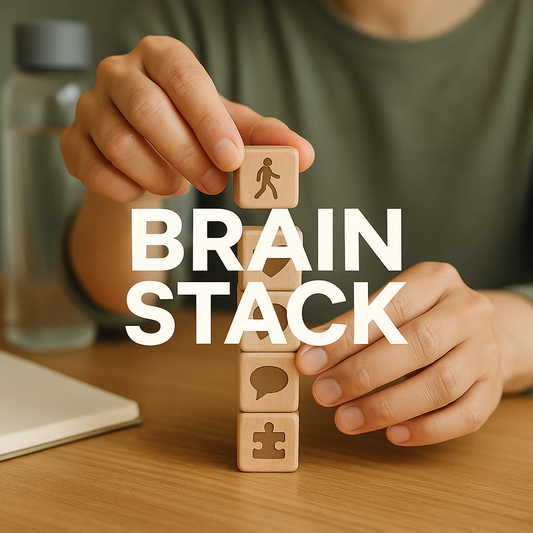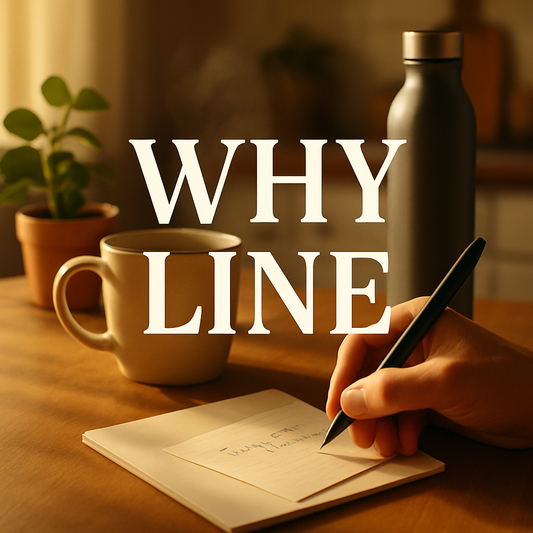
Spermidine 101: The Tiny Molecule with Big Anti-Aging Energy 🧬⏳
Share ❤️
If your cells had a cleaning crew, spermidine would be the supervisor. This natural polyamine shows up in your body and in everyday foods—and research suggests it nudges cells into autophagy (deep clean + repair), a pathway tied to longevity, heart protection, and sharper aging. Think: less cellular clutter, more youthful function. 🧽✨
🔬 What is spermidine—and why should you care?
Spermidine supports growth, repair, and stress-resilience. As we age, levels drift down—right when we need more cellular housekeeping. Multiple model-organism studies (yeast → mice) show that restoring spermidine can extend health span and improve metabolic and cardiac function. Early human data connect higher dietary intake with lower all-cause and cardiovascular mortality.
⚙️ How it works (the quick, nerdy version)
- Autophagy ON: Upregulates key genes (e.g., ATG5, ATG7) to package and recycle damaged proteins & organelles.
- mTOR downshift: Eases brakes on repair by dialing down the PI3K–AKT–mTOR growth signal.
- Mitochondria tune-up: Less oxidative stress, better power output, calmer inflammation.
Translation: More internal maintenance, fewer broken parts, and a metabolism that acts younger than your birth certificate. 🔧⚡
🥗 Food first: everyday sources of spermidine
Build a “longevity plate” with real foods that carry polyamines naturally:
- Wheat germ & whole grains (sprinkle on yogurt or blend into smoothies)
- Soy foods (tempeh, natto, miso)
- Aged cheeses (use like a garnish, not a food group 😉)
- Legumes (lentils, chickpeas, peas)
- Mushrooms, broccoli, cauliflower
- Seeds (pumpkin, sesame)
🧭 Dr. Oliver’s 2-week “Autophagy-Friendly” kickstart
- Daily polyamine anchor: 1–2 servings from the list above (e.g., tempeh bowl + wheat-germ topping).
- Protein balance: Prioritize lean protein & legumes; pair with colorful plants (polyphenols team up with autophagy). 🫘🌈
- Light time-restriction (optional): 12:12 or 14:10 eating window if it fits your life—don’t force it.
- Sleep & steps: 7–8 h sleep + daily walking; exercise sensitizes repair pathways. 😴🚶♀️
- Hydration & minerals: Magnesium, potassium-rich foods, and water help the clean-up crew work smoothly.
⚠️ Smart cautions
- Human trials are growing but still early; responses vary by diet, microbiome, and health status.
- If you’re managing a medical condition or medications, discuss dietary changes with your clinician.
- Supplements exist, but food is the low-risk, whole-system move. Start there.
Bottom line: You can’t stop time—but you can clean the gears. Feed autophagy with spermidine-rich foods, move your body, and let your cells do what they’re built to do: recover. ⏳💪
Source: https://pubmed.ncbi.nlm.nih.gov/30306826/ · https://pubmed.ncbi.nlm.nih.gov/27841876/
“Your body never lies.” — Dr. Oliver









